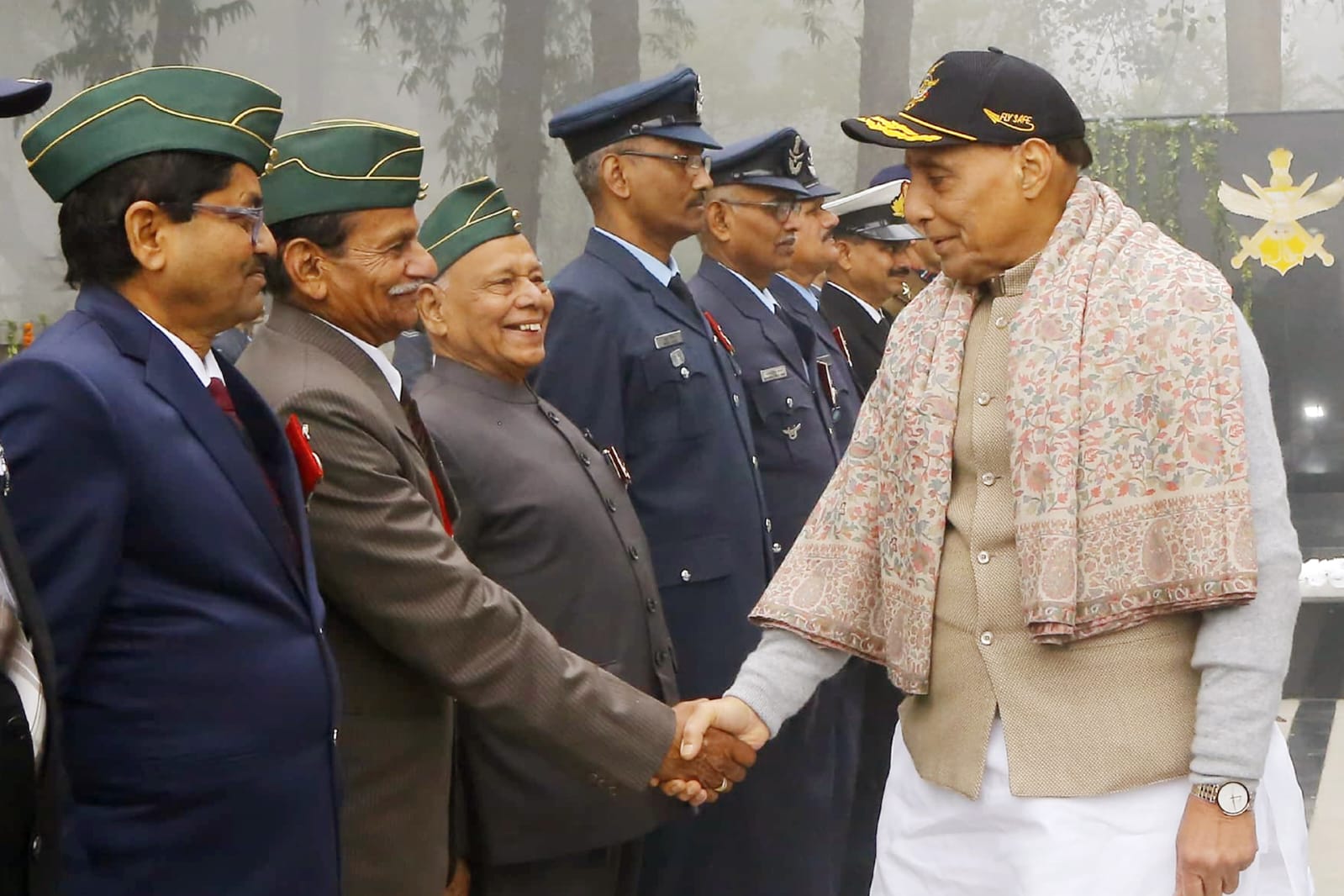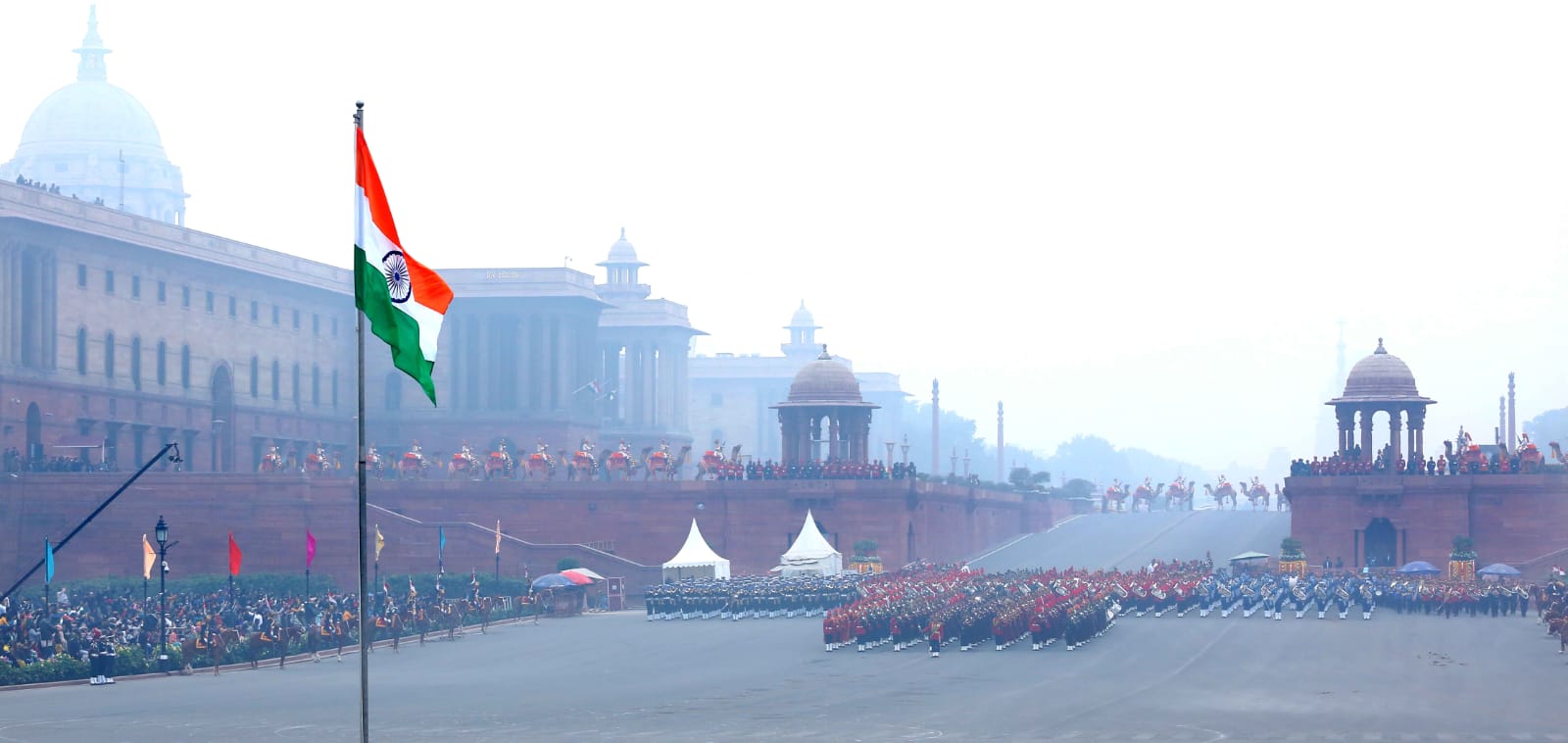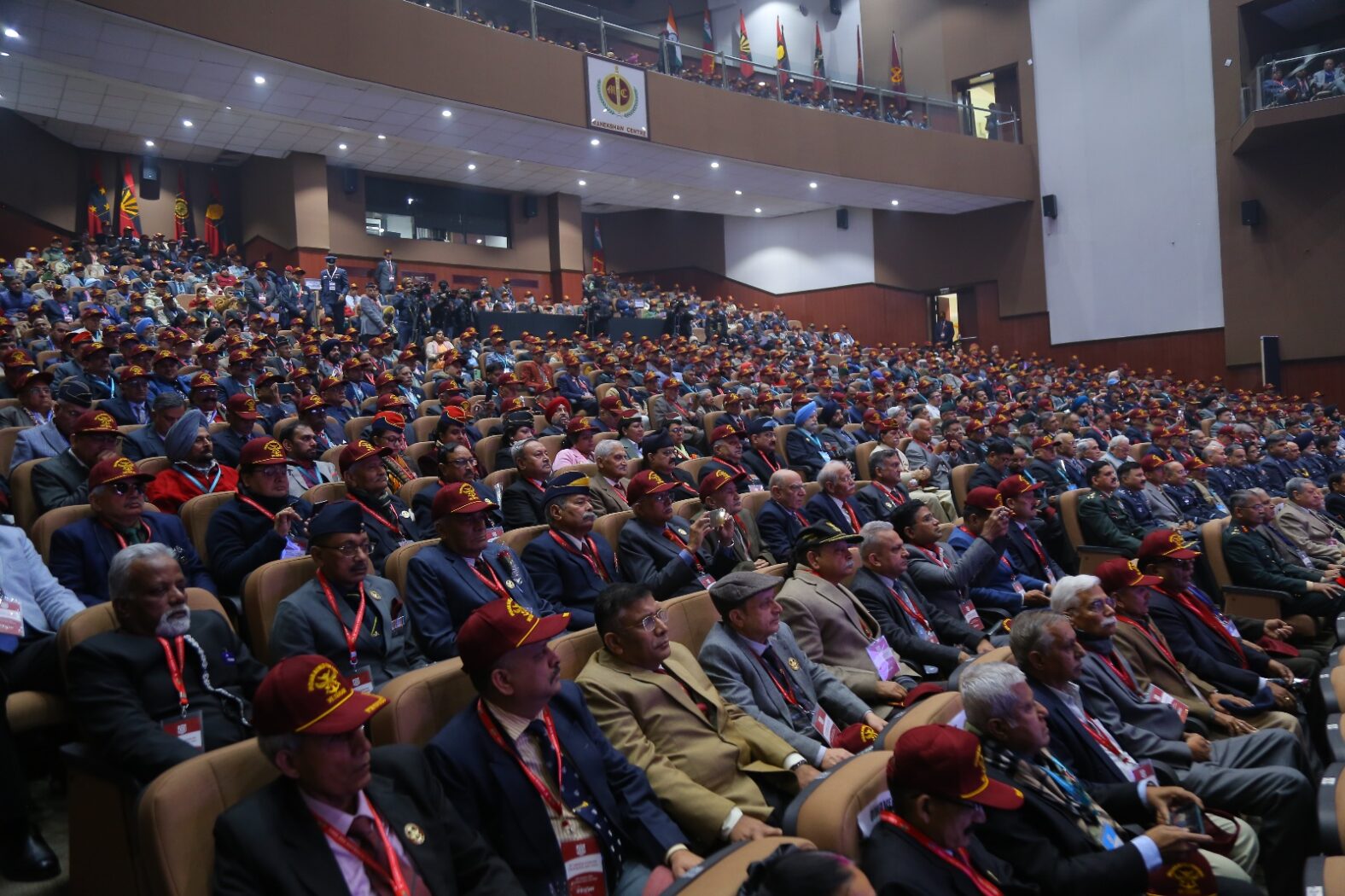
Ex-Servicemen are former members of the Indian Armed Forces who have served the nation with honour and courage. They deserve respect and appreciation for their sacrifices and contributions. To acknowledge their service and support their reintegration into civilian life, the Indian government has implemented a policy of reservation for Ex-Servicemen in various sectors, such as Jobs, Education, Housing, etc. This policy provides opportunities and benefits to the Ex-Servicemen and their dependents and helps them to secure their future and enjoy a dignified life.
In this article, we will explain the policy of reservation for Ex-Servicemen, and how they can avail it for getting government jobs in India. We will also compare the reservation policies of the state and the centre, and highlight the sectors where Ex-Servicemen can find employment opportunities.
Policy of Reservation for Ex-Servicemen
The policy of reservation for Ex-Servicemen is governed by the Ex-Servicemen) Rules, 1979 (Re-employment in Central Civil Services and Posts. These rules apply to all the Central Civil Services and Posts, Group C and Group ‘D’ and the posts of the level of Assistant Commandant in all Paramilitary Forces, such as Border Security Force (BSF), Central Reserve Police Force (CRPF), Indo-Tibetan Border Police (ITBP), Sashastra Seema Bal (SSB), and Central Industrial Security Force (CISF).
The policy of reservation for Ex-Servicemen aims to provide opportunities and benefits to former members of the Armed Forces and their dependents in various sectors, such as jobs, education, housing, etc. The policy also helps the Ex-Servicemen to utilize their skills and experience in the civilian sector and earn a decent income.
Eligibility for Reservation
To be eligible for reservation, an Ex-Serviceman must meet the definition of Ex-Serviceman as per the Ex-Serviceman (Re-employment in Central Civil Services and Posts) Rules, 1979. This definition includes individuals who have served in any rank in the regular Army, Navy, or Air Force of the Indian Union and have retired or been released from such service with any kind of pension or gratuity. This definition also includes individuals who have served in the Armed Forces of the former Indian states and have been absorbed into the Indian Union. However, this definition excludes those who have served in the paramilitary forces.
The eligibility for reservation is determined by the definition of Ex-Servicemen applicable at the time of discharge. These definitions have been updated and amended several times over the years, to reflect the changing circumstances and needs of the former service personnel.
Click here to know who qualifies as an EX serviceman in India?

Quota for Reservation
The quota for reservation for Ex-Servicemen is 10% in all direct recruitment posts up to the level of Assistant Commandant in CAPFs. This quota is interchangeable between two categories of Ex-Servicemen: disabled Ex-Servicemen/dependents of Ex-Servicemen killed in action and Ex-Servicemen (normal). The allocation of the quota is subject to vacancy availability and the suitability of candidates.
The reservation for Ex-Servicemen is horizontal, which means that they share the same reservation percentage as the backward classes of citizens (SCs, STs and OBCs) and any other categories. The reservation percentage may be less or more than fifty per cent of the total vacancies in that category of posts in that year, depending on the situation. The reservation for Ex-Servicemen is also subject to certain conditions, such as the minimum period of service, the mode of discharge, the availability of suitable candidates, etc.
Application Process for Government Jobs
To apply for government jobs as an Ex-Serviceman, one has to follow the same procedure as any other candidate, except that they have to claim the reservation benefit and submit the required documents to prove their eligibility. Some of the common steps are:
- Visit the official website of the concerned organization or department and look for the notification of the recruitment.
- Read the notification carefully and check the eligibility criteria, reservation quota, selection process, and other details of the post.
- Fill out the online application form with the correct and relevant details and upload scanned copies of the documents, such as educational certificates, experience certificates, discharge certificates, identity proof, etc.
- Pay the application fee, if applicable, and submit the form before the last date.
- Download and print the application form and the admit card for future reference.
- Appear for the written test, physical test, interview, or any other stage of the selection process as per the schedule and instructions.
- Check the result and the merit list on the official website and follow the further steps for joining the post.
Sectors for Employment Opportunities
Ex-servicemen can find employment opportunities in various sectors, both in the public and private domain. Some of the sectors where Ex-Servicemen can apply for jobs are:
- Central Government: The Central Government offers reservations for Ex-Serviceman in various services and posts, such as railways, Postal, Banking, Defence, Paramilitary, etc. The Ex-Servicemen can also apply for jobs in the central public sector undertakings, where they can avail 14.5% reservation in Group C posts and 24.5% reservation in Group D posts.
- State Government: The State Government also provides reservation and priority for Ex-Servicemen in various services and posts, such as Police, Revenue, Education, Health, etc. The percentage and criteria of reservation may vary from state to state, depending on their welfare policy. The Ex-Servicemen can also apply for jobs in the state public sector undertakings, where they can avail reservation as per the state rules.
- Private Sector: The private sector also offers employment opportunities for Ex-Servicemen, especially in the fields of Security, Administration, Management, Engineering, etc. The Ex-Servicemen can leverage their skills and experience in the private sector and earn a good salary. Some of the private companies that hire Ex-Servicemen are Reliance, Tata, Infosys, Wipro, etc.
Reservation for Ex-Serviceman: State vs Centre
The reservation policy for Ex-Servicemen is different for the state and the centre, as they have their own rules and regulations. Some of the differences are:
- Percentage of Reservation: The percentage of reservations for Ex-Serviceman may vary from state to state, depending on their welfare policy. For example, some states may offer more than 10% reservation for Ex-Serviceman, while some may offer less. The centre, on the other hand, offers a uniform 10% reservation for Ex-Servicemen in all direct recruitment posts up to the level of Assistant Commandant in CAPFs, and in each of the categories of Group C and Group D posts.
- Definition of Ex-Serviceman: The definition of Ex-Serviceman may also differ from state to state, as they may have their criteria and conditions. For example, some states may include paramilitary forces in the definition of Ex-Serviceman, while some may not. The centre, on the other hand, follows the definition of Ex-Serviceman as per the Ex-Serviceman (Re-employment in Central Civil Services and Posts) Rules, 1979, which excludes paramilitary forces.
- Relaxations and Concessions: The relaxations and concessions available to the Ex-Serviceman may also vary from state to state, as they may have their own rules and regulations. For example, some states may offer more relaxations in age limits and educational qualifications than the centre, while some may offer less. The centre, on the other hand, follows the relaxations and concessions as per the Ex-Servicemen (Re-employment in Central Civil Services and Posts) Rules, 1979, which are uniform for all Ex-Servicemen.
Conclusion
The reservation policy for Ex-Serviceman in India reflects the nation’s gratitude and respect for their service and sacrifices. It helps them to transition into civilian life with opportunities and benefits in various sectors. It also ensures a fair and equal share of vacancies for them and their dependents in government and private jobs. The state and central policies aim to provide uniform and inclusive support to Ex-Servicemen across the country. As India progresses, the policies should also evolve to meet the needs and challenges of this noble community. India honours its commitment to those who have served the nation with courage and dedication.

Frequently Asked Questions (FAQs) on the Policy of Reservation to Ex-Servicemen
Q1: What is the policy of reservation for Ex-Servicemen or ESM?
Ans: The Ex-Servicemen (Re-employment in Central Civil Services and Posts) Rules, 1979, defines the policy of reservation for Ex-Servicemen. This policy covers all the Group C and Group ‘D’ Central Civil Services and Posts, and the Assistant Commandant posts in all paramilitary forces.
Q2: What is the percentage of reservations provided to the Ex-Servicemen?
Ans: Ten per cent of the vacancies in the posts of the level of Assistant Commandant in all paramilitary forces, and ten per cent of the vacancies in each of the categories of Group C and of such posts in Group C services are reserved for Ex-Servicemen. The percentage of reservation may be adjusted based on the total number of vacancies in that category of posts filled in that year.
Q3: What is vertical reservation and what is horizontal reservation?
Ans: Vertical reservation refers to reservation for backward classes of citizens (SC, STs, and OBCs), while horizontal reservation refers to reservation for Ex-Servicemen. Horizontal reservation cuts across the vertical reservation and the placement of Ex-Servicemen in appropriate categories is determined by the reservation roster.
Q4: What is the definition of Ex-Serviceman?
Ans: An Ex-Serviceman is defined as per the Ex-Serviceman (Re-employment in Central Civil Services and Posts) Rules, 1979. This includes individuals who have served in the Armed Forces of the Indian Union and meet specific criteria regarding retirement, release, or completion of service.
Q5: What are the relaxations/concessions available to the Ex-Servicemen?
Ans: Ex-servicemen are entitled to relaxations in age limits and educational qualifications for appointments in various Group A, B, C, and D services/posts in the Central Government.
Q6: Is the benefit of reservation available to the Ex-Serviceman who has already joined a civil appointment?
Ans: An Ex-Serviceman already employed under the Central Government in Groups C and D may receive relaxation for securing another employment in a higher grade or cadre in Groups C and D, but is not eligible for reservation benefits.
Q7: Can a vacancy reserved for an Ex-Serviceman be filled by a general candidate?
Ans: No vacancy reserved for Ex-Servicemen can be filled by a general candidate without obtaining a “Non-availability Certificate” from the employment exchange, verifying the non-availability of suitable candidates, and obtaining approval from the Central Government. Unfilled reserved vacancies may be added to the Ex-Servicemen’s share in the following year, subject to adjustments and overall reservation policies.






[…] Reservation For Ex-Servicemen in India: How to avail the amazing Benefits, Opportunities, and Quotas […]
[…] Reservation For Ex-Servicemen in India: How to avail the amazing benefits, opportunities, and quotas […]
[…] Click here to read more on Reservation for Ex-Servicemen in India: how to avail the amazing Benefits… […]